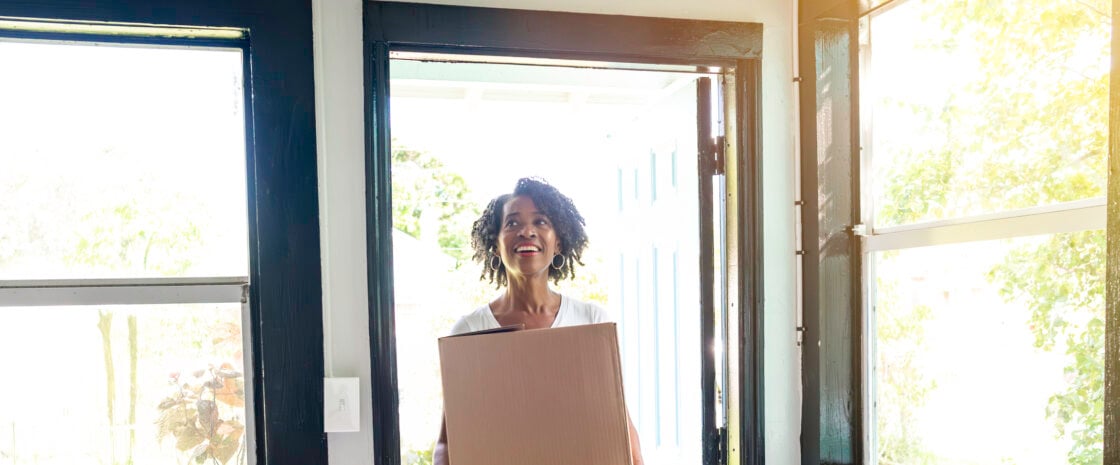Scraping together a down payment is a tall order for first-time home buyers in Canada. And while there are several tools and programs available to help boost your savings, new research shows that one in particular is flying under the radar for many prospective buyers.
Only 16% of Canadians who plan to buy a home in the next five years are using a First Home Savings Account, according to NerdWallet’s 2025 Canadian Home Buyer Report. The FHSA is a registered plan that launched in 2023, to help first-time buyers save for a home purchase.
The FHSA is “flat out the best account” to use when saving for a first home, says Cindy Marques, a certified financial planner and director at Open Access Ltd. in Toronto. The lower uptake may come down to factors like investment literacy and lack of awareness of the account or its features.
So let’s take a look at what this account can do for you.
FHSA basics
While the RRSP Home Buyers’ Plan (HBP) and a tax-free savings account are familiar tools for first home savings, adding an FHSA into the mix can help your money go even further. “It is very generous in its tax efficiency features, because you’re getting the best of both the TFSA and the RRSP in one,” Marques says.
If you’re an eligible buyer, the FHSA offers:
- Tax-free growth and you won’t be taxed on qualifying withdrawals.
- Tax-deductible contributions.
- Eight thousand dollars in annual contribution room starting on day one. You can carry forward up to $8,000 in unused contribution room from the previous year, up to a lifetime maximum of $40,000.
- The flexibility to hold cash, stocks, mutual funds, bonds, GICs or ETFs in the account.
- A 15 year window to save; if you choose not to buy a home in that timeframe, you can transfer your FHSA funds into an RRSP or RRIF, or withdraw the money as taxable income.
FHSA vs TFSA or savings account
If few people are using an FHSA, where are they storing their down payment savings?
Among Canadians who plan to buy a home in the next five years, 26% say they’re investing in a tax-free savings account, while 25% say they save what they can each month in a savings account, according to the NerdWallet report.
“It surprises me how many people that are saving for a home just have the money sitting in a savings account,” says Kelly Hudson, a Richmond, B.C.-based mortgage broker with Kelly Hudson Mortgages. “There may be better options for them.”
Neither savings accounts nor TFSAs offer the opportunity to claim a tax deduction the following year like the FHSA, a perk that can help increase your tax refund or reduce taxes owing. In the case of a tax refund, you can put it towards next year’s FHSA contribution or use it for other expenses.
“It’s a little bit of cash in their pockets next year, which, after you’ve been a first-time homebuyer and hit all those extra costs to owning your own home, isn’t a bad thing,” says Hudson.
💡FHSA strategy: If you already have a well-funded TFSA, but no new money to put into an FHSA, consider withdrawing from the TFSA to contribute to the FHSA, says Marques.
“While both the TFSA and FHSA would allow you to take the money out tax-free to buy a home, by moving it from the TFSA to the FHSA you are also generating a tax deduction for yourself! That’s a nice bonus.”
Be sure to leave some money in the TFSA for emergencies or short-term goals, though.
FHSA vs Home Buyer Plan
While the RRSP HBP allows individuals to withdraw up to $60,000 from their RRSP to put toward their first home purchase, any money withdrawn must have been in the plan for at least 90 days. With the FHSA, says Hudson, there is no set period that funds deposited have to be in the account before they can be accessed to buy a home.
Withdrawn FHSA funds also never have to be repaid, unlike money borrowed from an RRSP via the HBP.
💡FHSA strategy: Couples can combine their individual FHSA savings for a qualifying home purchase. But you can also use the FHSA, along with the RRSP HBP and even the TFSA to pack an even greater punch, says Marques.
How to get started, even if you’re not buying yet
Ultimately, says Marques — when home ownership starts to feel like a potential goal, it’s time to consider opening an FHSA.
“You don’t start earning the contribution room until you actually open the account. And even if you’re unable to contribute in the first year, $8,000 will roll over.”
Opening an FHSA is relatively simple. You can set one up through a bank, insurance or trust company or credit union in person or online, as long as you are between 18 and 71 and are a qualified first-time homebuyer — someone who has not lived in a home they owned or jointly owned within the last four calendar years.
DIVE EVEN DEEPER

Calculator: How Much Mortgage Can You Afford?
Use our mortgage affordability calculator to see how your interest rate, down payment and debt ratios affect your housing budget.

Using Gift Money as a Mortgage Down Payment? Here’s What to Know
If you plan to use gifted money as the down payment on your first house, be prepared to provide some extra documentation.



